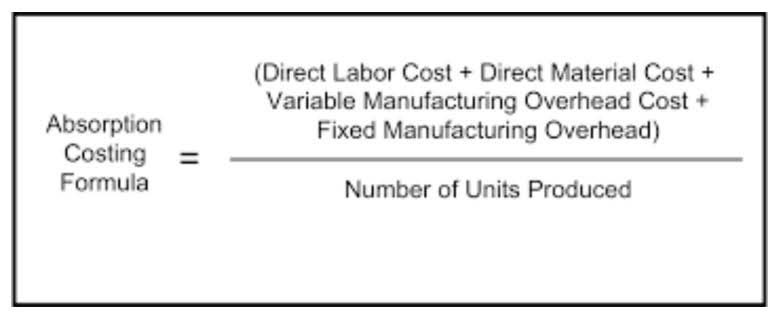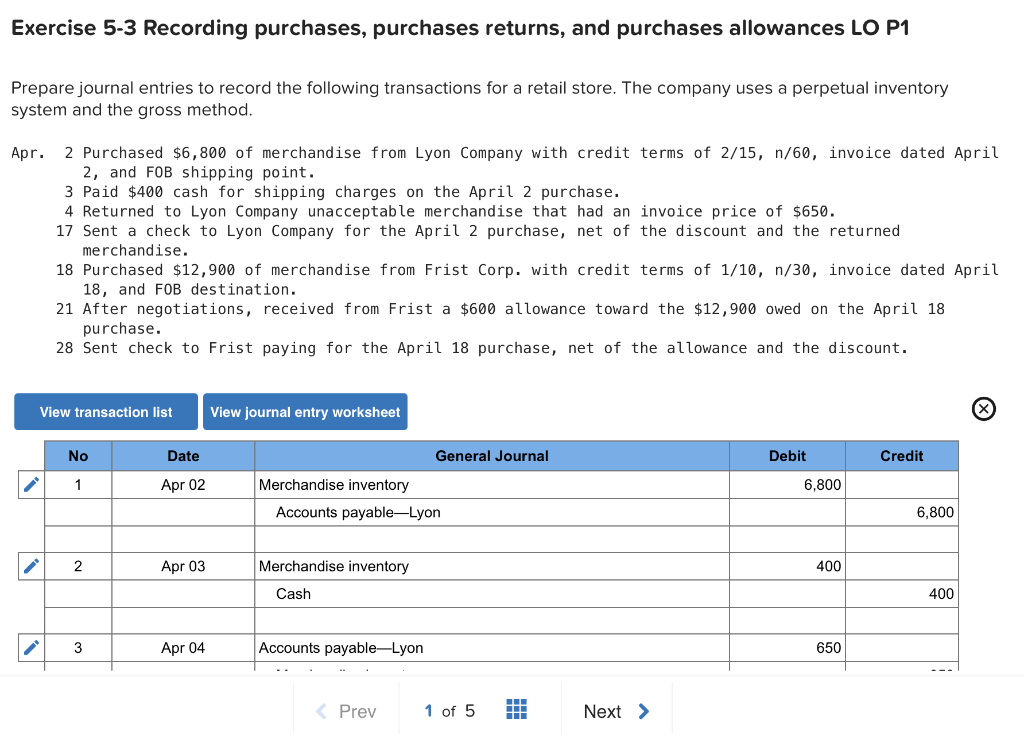
By making your accounting more efficient, we can open up new doors for you. Our collaborative approach takes the time to understand your unique business needs and contextualize how they could be impacted by the industry as a whole. Get answers from experienced oil and gas accounting experts when you need them. Whether you’re a producer, operator, driller, or explorer, we make accounting work for your business. Our team understands every part of the oil business – from drilling to production, from pipelines to partnerships. We address the growing demands of oil and gas clients’ evolving business and technology needs.
Oil Gas CPA Accounting
Our Dallas – Fort Worth team embraces the challenges you face and addresses them head-on so that you can keep your focus set on what’s going on industry- and company-wide. In addition to our focus, we attend specialized oil and gas accounting training as a Certified Tax Coach and can create a personalized tax reduction strategy that will save you thousands. We’ll show you how to take full-advantage of the federal and state level tax credits, deductions, and loopholes that will legally reduce your tax obligations so you pay less. Revenue recognition in the oil and gas industry is a complex process influenced by various factors, including the nature of contracts, the timing of delivery, and market conditions. The industry often deals with long-term contracts, which can span several years and involve multiple performance obligations.
- Whether you’re a producer, operator, driller, or explorer, we make accounting work for your business.
- It covers a wide array of topics, including the successful efforts and full cost methods, reserve reporting, unit of production method, severance taxes, and joint interest accounting.
- While certain companies will be exempt from this reporting requirement, most businesses formed in the United States will have to submit this information on or before the deadline.
- It’s a multifaceted sector with companies involved in various aspects of production and distribution.
Summer Meeting

Oil and gas accounting is a specialized field that requires a deep understanding of both the industry and its unique financial practices. Given the sector’s complexity, accurate accounting is crucial for compliance, investment decisions, and operational efficiency. Establishing robust internal controls is essential for preventing fraud and financial mismanagement within oil and gas companies. Accountants develop and implement control procedures to safeguard assets and maintain financial integrity. Regular audits help identify areas for improvement and ensure adherence to industry standards.

Accounting solutions for oil and gas investors and third party investment vehicles
- Of course, careful legal counsel about the right structure for the transaction will ensure the highest possible savings.
- Any actual difference comes down to an individual company’s overall business processes and how they meet their customers’ needs.
- For one, we have helped oil and gas companies and investors through the best and worst times.
- Oil and gas or renewable energy investments in economically distressed areas designated as “qualified opportunity zones” under the Tax Cuts and Jobs Act come with further tax advantages.
- In SE, costs are capitalized based on whether the well is successful or not (i.e., hydrocarbons are produced).
- However, there are a few other professionals and entities that also get a 1099 that you may not know about.
Companies often employ cost-control measures and technological advancements to optimize production efficiency and reduce expenses, thereby enhancing their financial performance. Explore essential oil and gas accounting practices, from cost types to revenue recognition and financial reporting standards. Oil and gas accountants are responsible for preparing accurate financial statements, including income statements, balance sheets, and cash flow statements. These reports provide insights into the financial health of oil and gas companies and aid in decision-making processes. Stakeholders rely on financial statements to assess Bookkeeping for Veterinarians the financial health of oil and gas companies. Proper accounting practices build trust among investors, regulators, and the public, fostering confidence in the industry.
- The process involves not only the physical removal of assets but also the restoration of the site to its original condition, which can be both time-consuming and costly.
- Oil and gas companies need to adhere to specific regulatory and tax reporting requirements, and their financial reporting has to comply with industry standards and guidelines.
- We provide professional accounting services to businesses and individuals, with a focus on small business bookkeeping and taxes.
- This section summarizes recently enacted federal legislation affecting the financial reporting of income taxes and new and proposed FASB guidance on accounting for income taxes.
- In addition to our focus, we attend specialized training as a Certified Tax Coach and can create a personalized tax reduction strategy that will save you thousands.
In the oil and gas sector, this can occur at different stages, such as at the wellhead, after transportation, or upon delivery to a refinery. The terms of the contract will dictate the specific point of transfer, which in turn determines when revenue can be recognized. For instance, a contract might stipulate that revenue is recognized when the oil is delivered to a storage facility, rather than when it is extracted from the ground. This distinction is crucial for accurate financial reporting and compliance with accounting standards. These principles, among others, provide the foundation for financial reporting under U.S. GAAP is dynamic, and the FASB continually updates and issues new standards to address emerging issues and improve the quality of financial reporting.

HAVE TAX QUESTIONS? WE HAVE ANSWERS!

Prior to Hanson & Co, Mike worked in positions in both private industry and public accounting. He served as a Controller for a real estate developer, mortgage company and Assistant Vice President for a regional bank. His depth of experience allows him to bring assets = liabilities + equity a unique perspective to clients.




